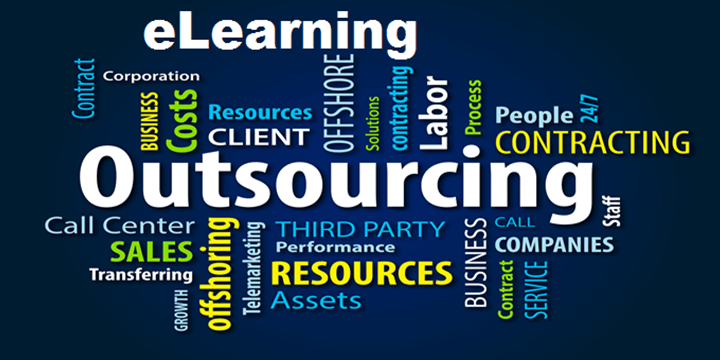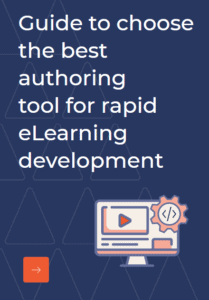The Earth as we know it is a vast expanse of landmass and water. Continents that are kilometers and kilometers apart, and yet the distance is just a number when we look at the global trade. The extent to which countries depend on each other seems astounding at times.
The global trade has expanded and markets have undergone vast change over the years. Quoting from Richard Baldwin's 'The Great Convergence-Information Technology and the New Globalization', "The new globalization is driven by information technology, which has radically reduced the cost of moving ideas across borders. This has made it practical for multinational firms to move labor-intensive work to developing nations. But to keep the whole development process in sync, the firms also shipped their marketing, managerial, and technical know-how abroad along with the offshored jobs. The new possibility of combining high tech with low wages propelled the rapid industrialization of a handful of developing nations, the simultaneous deindustrialization of developed nations, and a commodity super cycle that is only now petering out. The result is today's Great Convergence."
Supporting this is Deloitte's 2016 Global Outsourcing Survey, which found that over 56% organizations outsource to Asia Pacific and that 78% of respondents felt positively about their outsourcing relationship. Interesting indeed knowing that organizations really have started preferring the benefits of offshoring. And what may they be?
Here are the top 6 benefits of hiring an offshore eLearning partner/vendor:
-
- Cost Saving - According to a report in 2005 by Deloitte, "A $10K–$50K content development project in the U.S. would cost 20% to 40% less in India. It was true then and is even more so today, with more eLearning firms up and running than ever before, that too with experienced staff and world class authoring tools at hand.
- Utilization of Downtime - Usually there's a time-zone difference when offshoring is done, and also a workforce that is ready for 24×7 operation. This provides you an opportunity to get eLearning created, modified or enhanced during your downtime andallowing you to support your clients whenever they need.
- Access to Competent Manpower/Staff - Yet another perk of offshoring, as with outsourcing eLearning (read it on our blog) is that it gives access to really experienced and talented pool of people who can work as an extension to your team. Most English speaking foreign countries, have a readily available pool of highly educated staff. This can be really helpful if you have sudden expansion plans, and do not wish to invest on onboarding and training immediately.
- Anytime Support - Another great aspect of offshoring is that apart from working 24X7, most companies offer extensive support too. The differences in timezons can actually be converted in advantages since team can be available in most of the time zones to support your global stakeholders and clients.
- Organizational Growth - Having an offshore partner helps you save a lot in terms of labor cost and also allows you to focus more on your primarystrategies/goals.By leaving eLearning development to your partner you can focus more on the overall growth of the organization and utilize the well created eLearning to train your employees or the clients.
- Reduced Risk – Offshoring gives you enough control over the extended team without having to be neck deep in management and planning. Not just that, eLearning vendors are well prepared to handle contingencies and have fool-proof mechanisms for troubleshooting, hence reducing the overall risk too. Also with an appropriate planning you can always upscale/downscale the team and as when needed helping to be away from huge burning of your topline.
But offshoring or outsourcing, the point is that eLearning should work for you. As mentioned in the Deloitte study, "The real measure of success is whether the courses are meeting their objectives." An organization measured the effectiveness of its learning programs through knowledge assessments and business impact measures, such as reduction in defects and reduction in help desk calls. The company found that the courses developed by its offshore partners were meeting the same standards as its U.S. suppliers in effective transfer of knowledge as well as business impact.
eLearning offshoring doesn't just man content creation, many organizations use Translation and Localization services, LMS hosting and Implementation, Mobile app development and even consulting services.
So, this year maybe consider outsourcing and offshoring and try using the services of Knowzies highly trained eLearning team!



